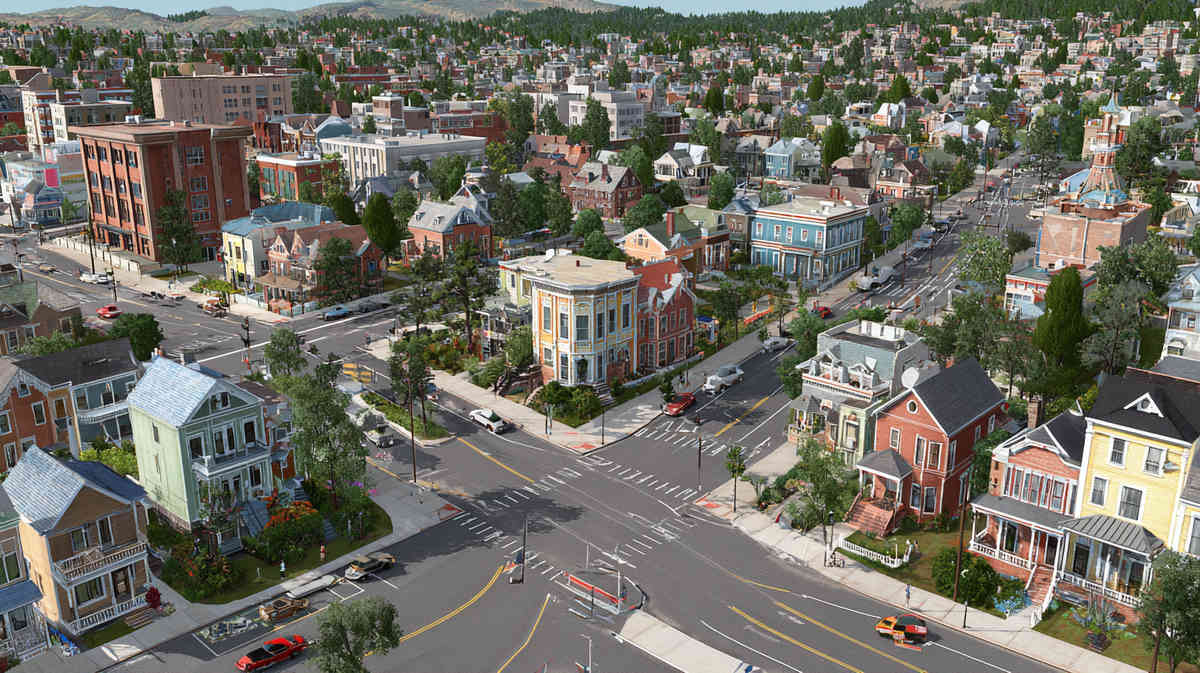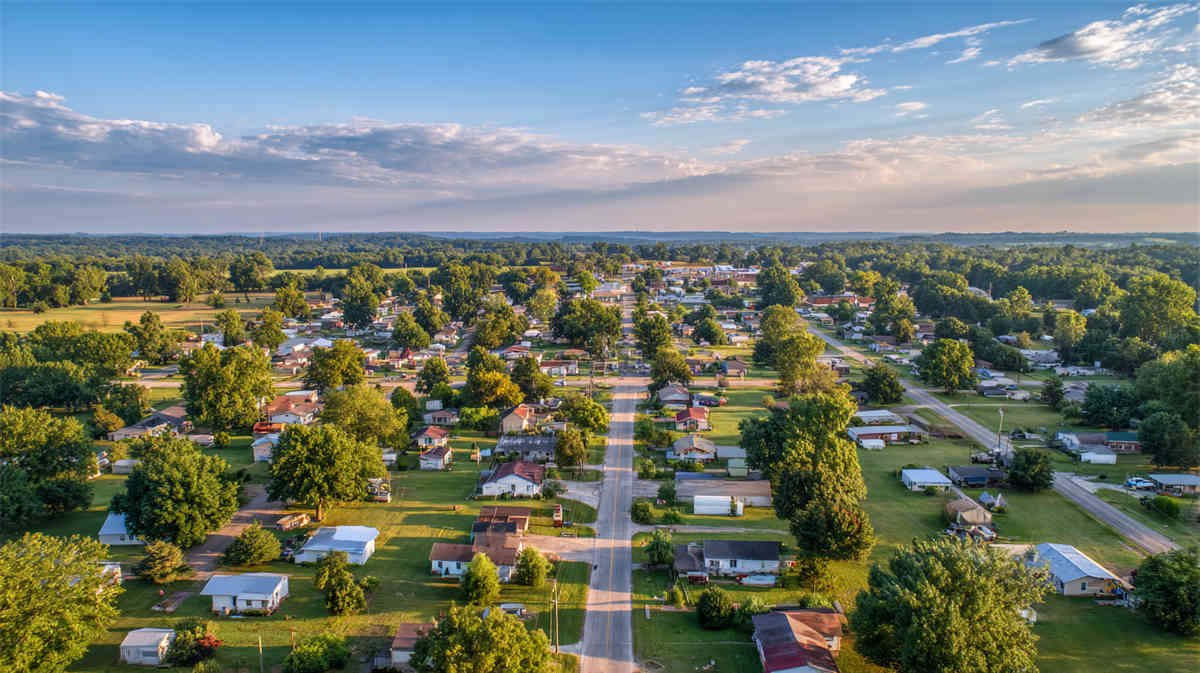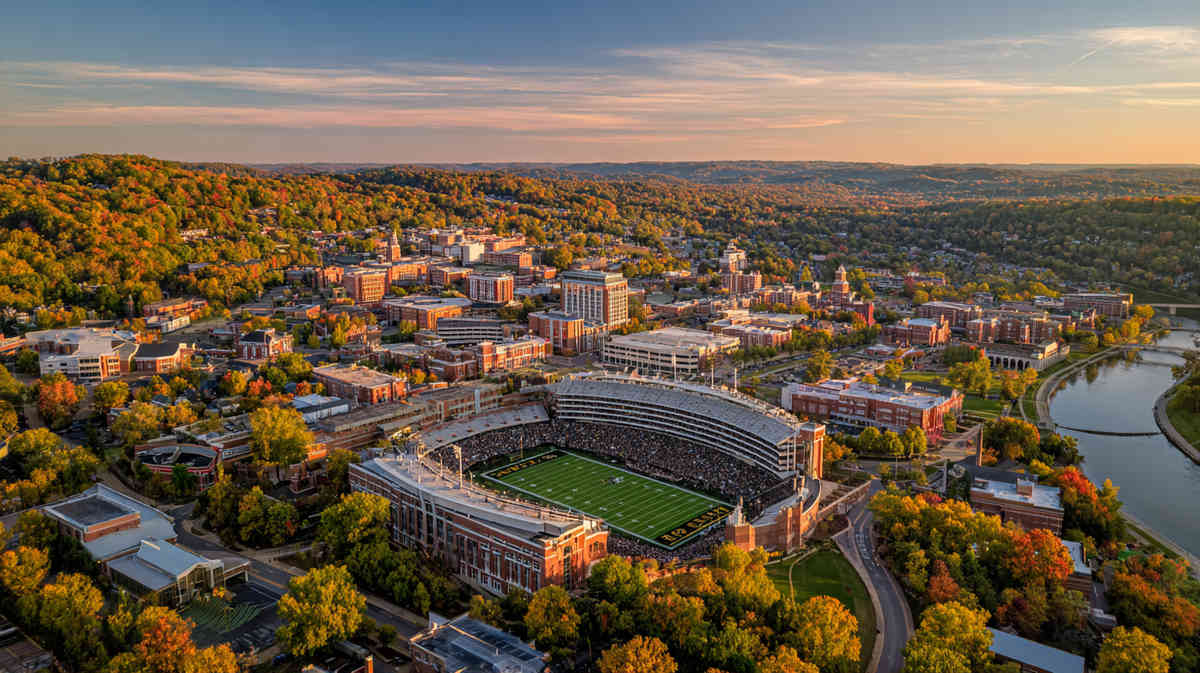First, the Vibe in 2025
Columbia is sitting at roughly 125,000 residents. Not a megacity, not a sleepy farm town either. Picture busy coffee shops around Ninth Street, weekend tailgate traffic that clogs Providence Road, and neighborhoods where porch lights flip on for block-party season faster than you can say “bring the potato salad.”
That hybrid personality—city energy, small-town manners—drives the entire Cost of Livng Columbia conversation. Employers in healthcare, tech start-ups orbiting Mizzou, and remote-work converts all land here for the same reason: their dollars stretch farther than Chicago or Denver, yet they still get food delivery at 11 p.m.
So how does that mash-up translate into your monthly budget? Let’s slice it up.
Homes, Rents, and Those Sneaky Utility Bills
Want the Deed in Your Name?
Median sale price right now hovers near $250,000. That gets you a three-bedroom, two-bath in the older south-side subdivisions or a newer two-bedroom townhouse north of I-70. Yes, new construction pops up near Battle High School with quartz countertops and a bigger price tag. Point is, $250k is the center of gravity for conventional financing.
I keep hearing buyers gasp, “Interest rates dropped a half-point last month, maybe I should sprint.” Breathe. Bidding wars are calmer than 2022. A clean, well-priced house still sells fast, just not in twenty-four hours. You have time to check the crawlspace for moisture before writing the offer.
Closing costs? Count on two percent of the sale price. Title insurance, appraisal, origination, pre-paids, it adds up. Many first-timers only budget for the down payment then get blindsided. You will not be that person.
Staying Flexible with a Lease
Average rent lands around $1,100 for an 850-square-foot two-bedroom in the student-heavy downtown arena. Step five miles east and you can score a three-bedroom duplex for the same money.
Remember utility pass-through clauses. Some complexes quote “all-inclusive” rent, yet tack on a $50 HVAC allocation each month that settles up at lease end. Actual utility spend often surprises new tenants. Real-life numbers from tenants I work with every week:
- Electricity in summer with the air cranking, $90 to $130.
- Gas heat in January, $60 if you keep the thermostat low, $145 if you love sauna mode.
- Water and trash bundled by the city, roughly $37.
Bundle those, you see why $150 a month is the most repeated estimate. Simple fix: ask for the previous twelve-month average for that address. Landlords must provide it when asked.
Taxes: The Silent Budget Buster, or Not So Bad?
Sales tax in city limits comes in at 7.975 percent. Buy a washer-dryer combo for $1,200 and an extra $95 walks out of your pocket.
Property taxes average 0.98 percent of assessed value. A $250,000 home will run about $2,450 per year, escrowed into your mortgage or paid each December. Residents who relocate from coastal markets often blink twice. They are used to triple that.
Big question: Are there special levies? Yes, if you land inside certain school district boundaries. You might see an extra $0.55 per $100 assessed. That funds new elementary schools and teacher salaries. The city website lists every levy by address. Five minutes of clicking now can save ugly surprises later.
Groceries, Dining Out, and Saturday Fun Money
The Cart at Hy-Vee
Grocery staples lean one percent above the national average, according to Bureau of Labor data. Translation: a gallon of milk sells for $3.49, a dozen eggs close to $2.60, boneless chicken breast $3.05 a pound on sale.
Bulk shoppers hedge costs at Sam’s Club south of Stadium Boulevard. Produce lovers swear by Columbia Farmers Market at Clary-Shy Park where heirloom tomatoes can cost you double supermarket tomatoes, but that flavor… worth it.
Date Night Numbers
Concert tickets at The Blue Note float between $25 and $45, occasionally $60 for national acts. Local craft beer pours at $6 a pint. Happy-hour sushi rolls at Sake, three for $15.
A typical night out for two, dinner, drinks, small cover charge, Uber home, usually lands around $120. Move that number up or down depending on your wine habit.
Families—wide-open field nights at Cosmo Park, free. Mizzou Tigers football, $30 cheapest seat, parking not included.
One more un-google-able tip: most restaurants tack on a five-percent “downtown enhancement” fee on invoices. Locals treat it like sales tax part two. Budget for it.
Getting Around, Fuel, and Parking Tickets You Do Not Want
Gasoline dances near $3.50 a gallon. That undercuts the last nationwide average by roughly fifteen cents. Commutes inside Columbia rarely break twenty minutes unless you live south of Rock Bridge State Park and work at MU Health.
City buses run $1.50 a ride, but routes can feel limited after 8 p.m. Many residents stick with cars. Remember to budget $10 a month for downtown parking meters if you enjoy late-night pizza.
Pro tip, ignore street-cleaning schedules and you donate $15 to the city every time your bumper rests in the wrong lane at 7 a.m. Ask me how I know.
Healthcare, Insurance, and the Stuff No One Posts on Instagram
Columbia is a medical hub. Boone Health, MU Health Care, and dozens of independent clinics compete, which keeps routine service costs moderate.
- Annual physical uninsured, roughly $160.
- Dental cleaning, $105.
- Thirty-day generic prescription, $12 at local pharmacies due to price-match policies.
Employer-based insurance rates mirror the Midwest norm: about $135 per employee monthly for a PPO plan. That number spikes for family plans. Check HR paperwork before relocating.
If you freelance, Missouri’s health-care marketplace premiums sit in the $425 to $490 range for silver plans after subsidies. Many transplants forget to price this line item, then gasp after open enrollment.
Child-Care, School Fees, and College Funds
Child-care tuition may shock you more than housing. Full-time infant care can hit $1,050 a month. Pre-K runs $700. After-school programs, $240.
Public schools remain tuition free, but extracurriculars are not. Pay-to-play sports ask $85 per season. Band instrument rental, $25 monthly. Parents tell me they budget $1,500 a year per child for “extras” that sneak out of backpacks crumpled in permission slips.
Saving for Mizzou in eighteen years? The Missouri MOST 529 plan matches up to a $8,000 state income tax deduction. File that under “future you will be grateful.”
Internet, Phones, Streaming
Fiber speeds up to one-gigabit blanket most neighborhoods, thanks to Socket and AT&T. Plans begin at $55 a month.
Mobile phone bill with unlimited data, about $80 single line, $140 for two lines. Cloud DVR, Netflix, ESPN+, Disney+, you know the drill. Average household pays $65 for combined streaming. Say no today or the autopays multiply.
Hidden Costs Locals Try Not to Mention
- Homeowners Association dues—east side subdivisions run $175 per year, newer west side micro-communities can demand $600.
- Snow removal—driveways longer than fifty feet may require a contract. One heavy winter and the $35 per push fee stacks quick.
- Stormwater utility fee—$1.50 per 1,000 square feet of impervious surface. Many forget until the first water bill.
- Pet rent—apartment complexes add $25 a month plus non-refundable deposits. Dog day care, $30 per day. Suddenly that puppy has a payroll.
A Quick Comparison Cheat Sheet
| Line Item | Columbia 2025 | St. Louis 2025 | Kansas City 2025 |
|---|---|---|---|
| Median home price | $250,000 | $265,000 | $275,000 |
| Average two-bed rent | $1,100 | $1,250 | $1,235 |
| Property tax rate | 0.98 percent | 1.05 percent | 1.29 percent |
| Sales tax in city limits | 7.975 percent | 8.688 percent | 10.100 percent |
| Avg. monthly utilities | $150 | $190 | $185 |
| Gasoline per gallon | $3.50 | $3.62 | $3.58 |
Look at those lines. They tell a simple story. Columbia undercuts the bigger metros in nearly every category except maybe boutique cupcakes.
So, Does Columbia Stretch Your Paycheck?
If your household pulls in $70,000, you can own a home, drive two used cars, vacation in Gulf Shores once a year, and still toss money into retirement. Will you dine at Barred Owl Bistro every Friday? Probably not. But you will not be coupon-cutting ramen either.
Remote tech workers clearing six figures find Columbia downright cheap. Teachers and entry-level nurses need to pencil out the numbers more tightly yet still get by without roommates. The sweet spot sits in the middle.
My take after fifteen years watching this market: Columbia remains approachable, but you must track the ancillary fees closely. They creep.
Ready to Do the Math for Yourself?
- Pull your last three months of bank statements.
- Drop your current rent or mortgage, insert Columbia’s median equivalent.
- Factor the $150 utilities, 7.975 percent sales tax, average grocery line.
- Do you still keep twenty percent of take-home for savings and emergencies? Good. You pass the gut check.
Run short? Either boost income or adjust expectations. Maybe you rent a bit farther from campus, or maybe you keep the second car off the table first year. No shame in strategic compromise.
Lightning-Round FAQs
What are the real estate taxes in Columbia on a $300,000 house?
Roughly $2,940 yearly based on the 0.98 percent average.
Is $1,100 really enough for rent?
Yes, for a two-bed apartment. Expect to pay $1,400 to $1,600 for a newer three-bedroom single-family rental.
How reliable is the bus system?
On time during daylight hours. Limited service after 8 p.m. Most residents drive.
Average utility bill in winter?
Electric plus gas averages $160 if you like it toasty. Keep the thermostat at 67 and you drop closer to $120.
Does the city offer first-time buyer grants?
Yes, the Homeownership Assistance Program can gift up to $10,000 for down payment and closing costs if you meet income caps.
Your Move
The Cost of Livng Columbia equation is not a simple line item. It is home prices, yes, but also jazz-club cover charges, snow shoveling invoices, and late-night tacos that derail the diet.
Now you have the unfiltered numbers. Print them, scribble notes, circle question marks. Next step, tour the neighborhoods. Feel the commute at rush hour. Talk to a local lender for mortgage scenarios.
Columbia might just be the best-kept affordability secret in the Midwest. Or maybe the totals still stretch your comfort zone. Either way, you leave this page armed with facts, not fluff.
And that, friend, is how you make a confident choice.







